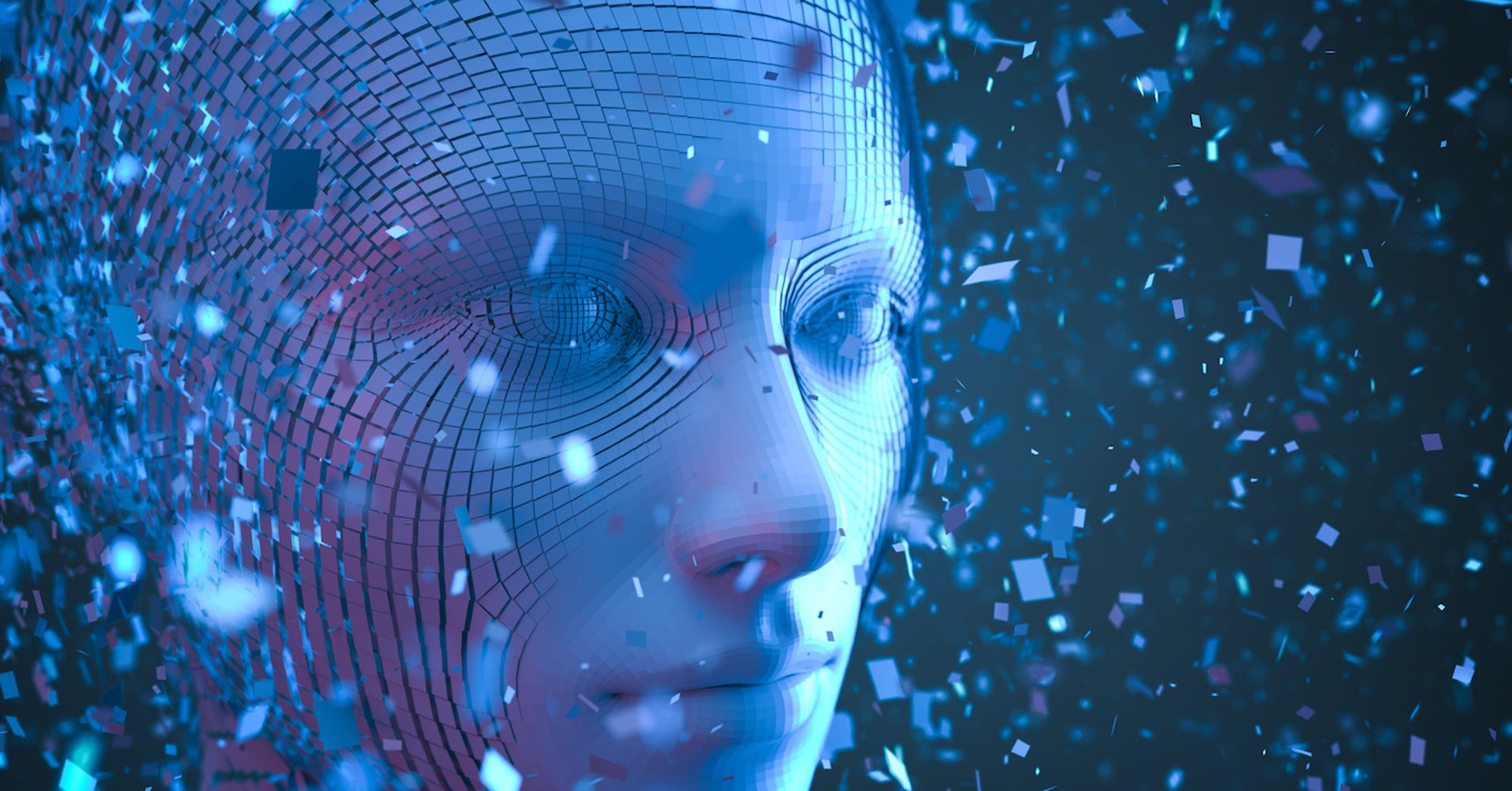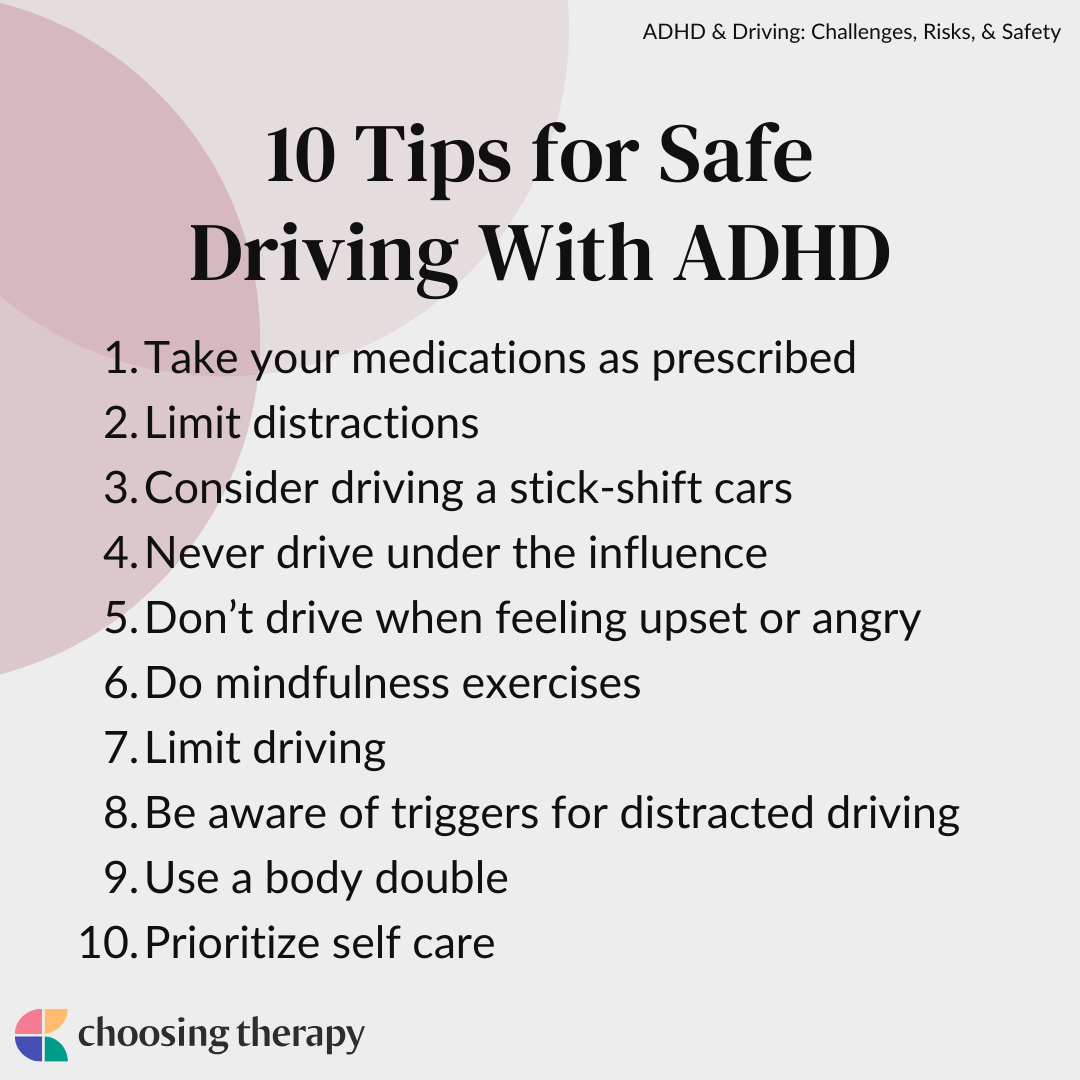AI's Limited Thinking: A New Understanding Of Artificial Intelligence

Table of Contents
The Lack of True Understanding and Common Sense in AI
AI systems, at their core, operate on sophisticated pattern recognition and statistical probabilities. They don't possess genuine understanding or common sense reasoning in the way humans do. This fundamental limitation leads to several critical shortcomings.
-
Examples of AI failures due to lack of common sense reasoning: Consider AI image recognition systems misidentifying a husky as a wolf, or chatbots producing nonsensical or inappropriate responses. These errors highlight the absence of contextual understanding and real-world knowledge.
-
The "symbolic reasoning" gap: AI struggles with abstract thought and problem-solving that extends beyond the parameters of its training data. Humans effortlessly grasp nuanced concepts and apply learned knowledge to novel situations – a capability currently beyond the reach of even the most advanced AI systems. This limitation is often described as the gap in symbolic reasoning.
-
Correlation versus causation: AI often struggles to distinguish between correlation and causation. A model might identify a correlation between two variables without understanding the underlying causal relationship, leading to flawed conclusions and inaccurate predictions. This inability to understand causality is a significant limitation in AI's ability to truly understand and interpret the world. Understanding the limitations of artificial intelligence, especially regarding common sense and symbolic reasoning, is vital for responsible development.
The Data Dependency and Bias Problem in AI Systems
AI's performance is inextricably linked to the quality and quantity of its training data. This dependency creates a significant vulnerability: biased data leads to biased AI outputs.
-
Bias in datasets and its impact on AI outputs: Facial recognition systems exhibiting racial bias, loan applications unfairly rejected based on demographic data, and predictive policing algorithms disproportionately targeting certain communities are all examples of the devastating consequences of biased AI systems. These biases often stem from the datasets used to train the algorithms.
-
The challenge of creating truly representative and unbiased datasets: Creating truly representative datasets is a significant challenge. It requires careful curation, rigorous testing, and ongoing monitoring to mitigate biases. The inherent complexity of human society and the subtle nuances of societal biases make creating perfectly unbiased datasets practically impossible.
-
The implications of biased AI for fairness and ethical considerations: The ethical implications of biased AI are profound. They can perpetuate and exacerbate existing inequalities, leading to unfair or discriminatory outcomes. Addressing this challenge requires not only technical solutions but also a broader societal conversation about fairness, accountability, and ethical considerations in AI development. This highlights the importance of understanding AI bias and working towards fairness in AI.
The Absence of Creativity and Adaptability in Current AI
While AI can generate impressive outputs – from realistic images to convincing text – these are often based on patterns learned from existing data, not genuine creativity. Furthermore, AI struggles with genuine adaptability to unforeseen situations.
-
AI-generated content versus human creativity: Comparing AI-generated art, music, or writing to human creations reveals a distinct lack of originality, emotional depth, and the "spark" of genuine creativity. AI excels at mimicking styles and patterns, but it lacks the capacity for truly novel and insightful creations.
-
Challenges in handling unexpected inputs or situations: AI systems typically perform well within the bounds of their training data. However, when presented with unexpected inputs or situations outside their training, they often fail to adapt and respond effectively. This lack of adaptability limits their real-world applicability.
-
Potential for future AI development: While current AI lacks genuine creativity and adaptability, ongoing research in artificial general intelligence (AGI) explores the potential for developing AI systems with more human-like cognitive abilities. However, achieving AGI remains a significant, long-term challenge. Understanding the limitations of AI creativity and adaptability helps to manage expectations and to focus research efforts on more realistic near-term goals.
The Future of AI: Addressing the Limitations of AI's Thinking
Overcoming the limitations of AI's thinking requires a multi-faceted approach involving significant advancements in research and development.
-
Exploration of advanced machine learning techniques: Researchers are exploring techniques such as reinforcement learning, transfer learning, and federated learning to enhance AI's capabilities and address its limitations.
-
The role of neuroscience and cognitive science: Insights from neuroscience and cognitive science can inform the development of more human-like AI systems, potentially bridging the gap in symbolic reasoning and common sense.
-
Ethical considerations and societal impact: The development of more advanced AI systems necessitates careful consideration of their ethical implications and potential societal impact. Addressing bias, ensuring fairness, and promoting transparency are critical aspects of responsible AI development. Understanding the future of AI is critical to its successful and ethical implementation.
Conclusion: Reframing Our Understanding of AI's Limited Thinking
This article highlighted key limitations of current AI systems: the lack of true understanding and common sense, the problem of data dependency and bias, the absence of genuine creativity, and the challenges in adaptability. Understanding these limitations is crucial for managing expectations, developing responsible AI systems, and avoiding the pitfalls of technological hype. We must critically evaluate claims about AI's capabilities and engage in ongoing dialogue about the ethical implications of AI development. Let's continue the conversation and further explore the complexities of AI's limited thinking and work towards responsible and ethical AI advancements. Explore further resources on AI ethics and responsible AI development to deepen your understanding of this critical area.

Featured Posts
-
 Research On Adhd And Driving Enhancing Safety On The Road
Apr 29, 2025
Research On Adhd And Driving Enhancing Safety On The Road
Apr 29, 2025 -
 Submit Your Louisville Storm Debris Removal Request
Apr 29, 2025
Submit Your Louisville Storm Debris Removal Request
Apr 29, 2025 -
 Helena Och Iva Oegonvittnen Till Skolskjutningen
Apr 29, 2025
Helena Och Iva Oegonvittnen Till Skolskjutningen
Apr 29, 2025 -
 Landlords Accused Of Exploiting La Fire Victims Selling Sunset Stars Outrage
Apr 29, 2025
Landlords Accused Of Exploiting La Fire Victims Selling Sunset Stars Outrage
Apr 29, 2025 -
 The Perfect White Lotus Season 3 Location A Proposal
Apr 29, 2025
The Perfect White Lotus Season 3 Location A Proposal
Apr 29, 2025
